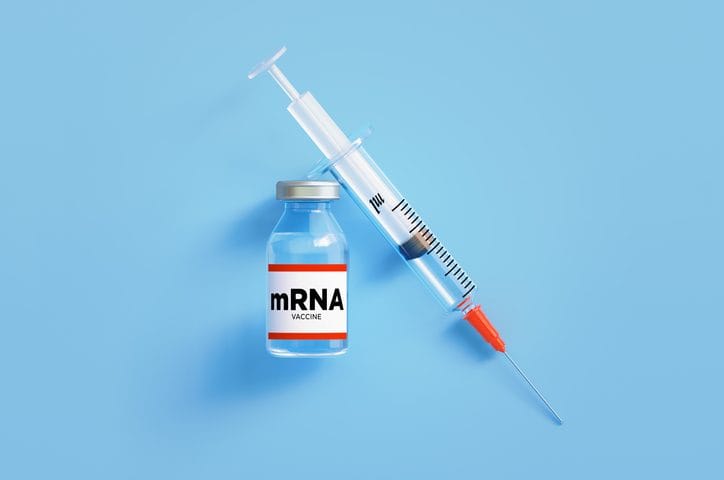
In principle, mRNA vaccines are ideal for health emergencies as they can be quickly mass produced using a template. The problem is that current cell-based template production methods take too long, says pandemic preparedness organization, CEPI.
And slow template production limits access to vaccines, according to Chaminda Salgado, CMC technology lead, who told GEN about CEPI’s efforts to develop an alternative with French technology firm, DNA script.
“While the process of producing mRNA itself takes only around seven days, the creation of a DNA template can take up to a month, creating a bottleneck in the manufacturing process. That’s because creating a DNA template typically involves living organisms, such as bacteria or yeast, to grow, extract, and purify the required DNA plasmid templates.
“This new project aims to overcome these challenges by generating automated synthetic DNA templates, which don’t need to be grown in living cells and can be rapidly produced within days rather than weeks, without the need for expensive biopharmaceutical facilities or highly trained staff to run the process,” Salgado says.
The plan is to take DNA oligonucleotides made using DNA Script’s enzyme driven synthesis technology—called Syntax—and combine them into longer template sequences using an automated “gene assembler” system.
Manufacturing cost
Replacing cell culture-based template production with synthetic methods could have a significant impact on manufacturing cost and timelines, according to Salgado.
“By streamlining the process, mRNA vaccines could be manufactured and developed even faster and cheaper, meaning vaccines could be given to at-risk populations sooner and potentially help to stop an outbreak in its tracks.
“This technology supports CEPI’s 100 Days Mission—a goal to produce pandemic-busting vaccines within 100 days of a viral threat being identified—and complements a suite of CEPI investments aiming to increase the speed at which vaccines can be manufactured,” he adds.
Another aim of the partnership is to make it easier for people to access vaccines by enabling production in areas without an established manufacturing infrastructure.
Salgado says, “This partnership supports equitable access as it reduces the need for expensive pharmaceutical equipment and infrastructure associated with traditional biologically manufactured DNA templates.
“If successful, the lower costs associated with automated, synthetic DNA template production would remove a potential barrier to the introduction of the technology in Global South countries where resources may be more limited. This could enable the possibility of vaccination closer to the site of an outbreak and avoid delays in vaccine access.”
CEPI and DNA Script are also committed to enabling equitable access to the outputs of the collaboration, Salgado says, adding, “This ultimately includes a commitment to vaccines being available first to populations at risk when and where they are needed at an affordable price should a related vaccine be developed further using CEPI funding.
“Project results, including data generated as part of this project, will be published open access for the benefit of the global scientific community.”

